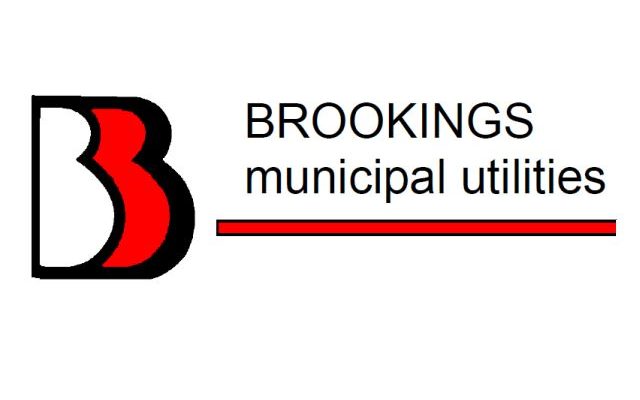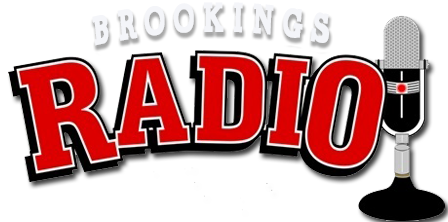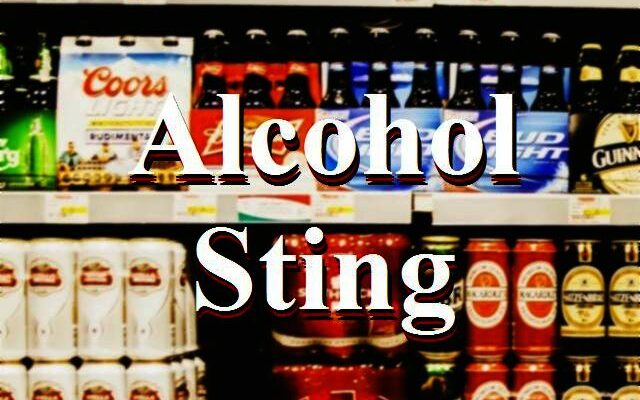Brookings Municipal Utilities announces change in water treatment process

According to a press release, Brookings Municipal Utilities will begin using monochloramine in the Fall of 2020 as a secondary disinfectant
BMU says the move is being made to continue to protect public health and to meet the evolving Environmental Protection Agency’s (EPA) requirements.
Brookings has used a free chlorine residual as the primary disinfectant. BMU says the switch to monochloramine is being made because it is an effective, longer lasting disinfectant that reduces the potential risk associated with regulated disinfection byproducts in tap water. As the community continues to grow, and distribution pipelines are added, the monochloramine treatment process will ensure Brookings’ residents water remains safe for consumption.
According to BMU, more than one in five Americans drink water treated with monochloramine. The EPA recognizes it as a best available technology under the Safe Drinking Water Act.
Monochloramine is safe for drinking, cooking and all other typical water uses. Brookings residents will not notice any difference in the taste of water once the process beings. Major cities
such as Denver, Minneapolis, Boston, San Francisco, Dallas and Miami are using monochloramine to treat drinking water. Locally, the cities of Sioux Falls, Madison, Parker, Tea,
Harrisburg and Beresford utilize monochloramine to treat water. Additionally, the Lewis & ClarkReginal Water, Big Sioux Community Water, Minnehaha Community Water System and the
Clark Rural Water System all treat water with monochloramine.
There are special circumstances where monochloramine must be removed from the water supply. First, monochloramine must be removed from water used for kidney dialysis. At levels used to disinfect drinking water, monochloramine is harmful if it directly enters the bloodstream, as it would in the dialysis process. Patients are encouraged to reach out to their doctor to discuss the appropriate type of water treatment. Dialysis patients can safely drink, cook and bathe in monochloramine treated water.
Secondly, monochloramine must be removed from water used when keeping fish and some amphibians. Because fish absorb monochloramine directly from the water into their blood streams, monochloramine must be removed from water.
The new treatment process is estimated to begin in October. In the coming months additional information will become available. More information about the monochloramine process is available on Brookings Municipal Utilities’ website.



